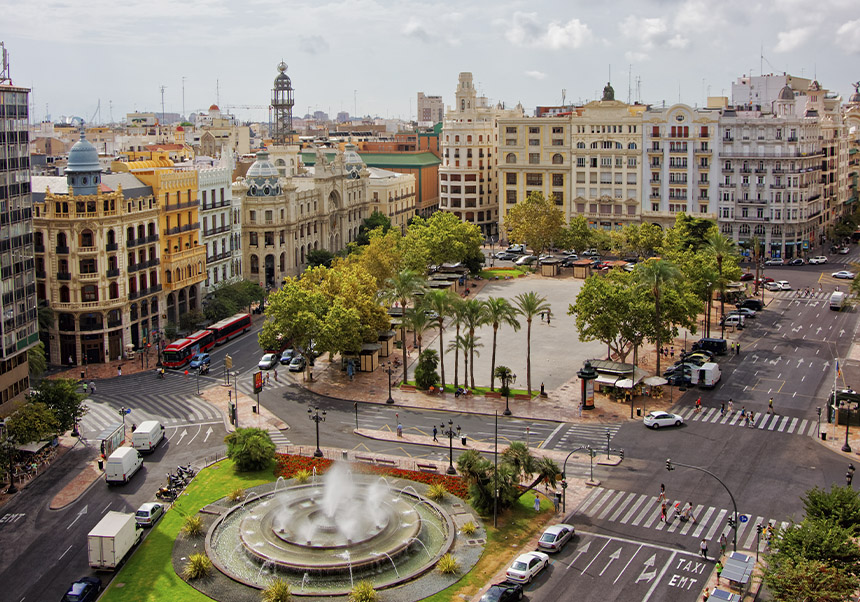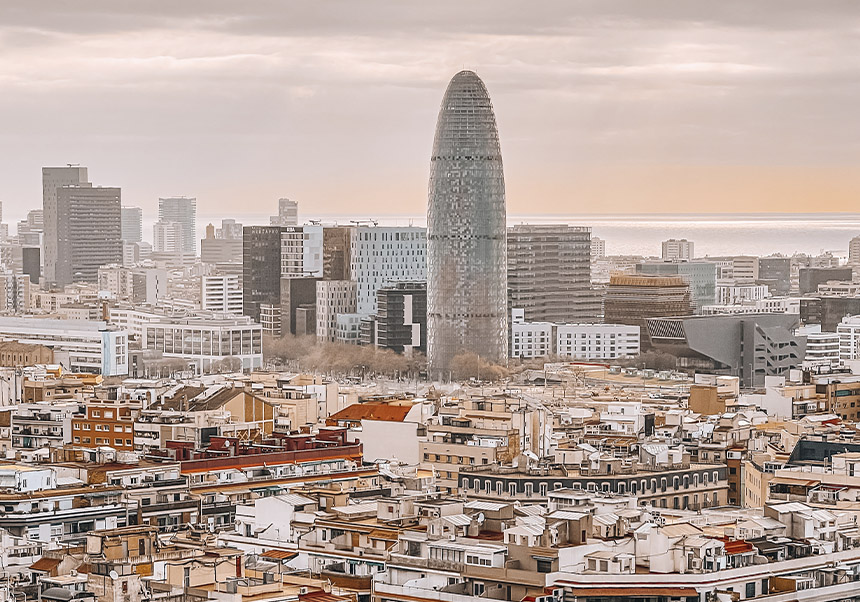Global Goals
- Goal 1. To analyse the medium-term social and economic impact of the pandemic on metropolitan areas and its territorial consequences.
- Goal 2. To analyse and assess the adaptive responses and strategies implemented by the different urban agents: businesses, citizens and local government.
- Goal 3. To draw lessons for policy implementation and their relationship to urban governance models.
Specific Goals
- Goal 1.1. To analyse the repositioning of large Spanish cities in the global context based on their position in world networks and tendencies.
- Goal 1.2. To analyse and assess the differential impact on the main urban economic sectors, as well as the restructuring processes of economic activities associated with business closures, the new on-line dynamics that are being engendered in many sectors (retail, tourism, advanced business services, banking, etc.), and their territorial consequences.
- Goal 1.3. To assess the impact of the crisis on local labour markets, pinpointing the inequalities between sectors and adding the gender dimension, and to analyse the changes in mobility related to remote working and the residential movements associated with the search for healthier environments.
- Goal 2.1. To identify the response strategies of the economic sectors: innovation, technology, remote working, site changes, emergence of new sectors, and compare them.
- Objective 2.2. To analyse social adaptation to remote working and new uses of public spaces (perception of urban greenery, changes in modes of transport - use of bicycles, workplace conditions and quality of life), integrating a gender and vulnerable group perspective. This goal includes a multidisciplinary perspective, including the Environmental Sciences. This contribution complements the methodology and the analysis of the results that can be done from the geography in the task 2.2.1
- Goal 2.3. To analyse the responses provided by the civil society, from a comparative perspective; to identify and analyse the social innovations designed to improve the living conditions that have emerged during the pandemic; where these innovations are located in cities and the factors that have contributed to their development, including the catalysts and driving forces behind them, and the innovative ecosystems in which they have appeared.
- Goal 2.4. To analyse innovative responses to the crisis in urban public policies, paying special attention to public initiatives, programmes and projects for economic, social, political and governance innovation, assessing changes and continuities in the institutional environment in terms of urban innovation and their possible adaptation in the context of the healthcare crisis.









